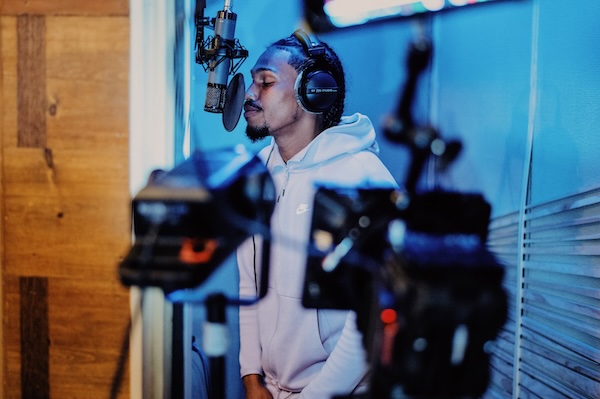Throughout its history, competition has played a big role in hip-hop; battle rap, where artists use improvisation and creative wordplay to outdo their rivals, has been a staple since this music form got its start in the Bronx in 1973. Decades later, informal freestyle competitions have kept this tradition going. While gaming might not come to mind when you think of these old-school battles, the two disciplines share a lot of similarities. Like in hip-hop, gamers seek to assert their dominance over the competition, but instead of rap battles, they do so with leaderboards and esports tournaments. This shared competitive spirit goes beyond just trying to win and is a part of the culture of both communities. Keep reading to learn about the shared competitive spirit of gaming and hip-hop.
Competitive Nature of Gaming

At its heart, almost any game you play is about competition. Either you’re competing with yourself to be the best you can be, like in a game of solitaire, or competing against hundreds online to be the last person standing in a battle royale title like Fortnite. Think about how this works in the context of casino games. While slots are a one-player game, most players seek ways to maximize their success. They may research information about how different titles work before spinning the reels in order to get a better understanding of the game’s mechanics, such as what different symbols mean and how they impact the outcome of the game.
It’s not just casino games that bring out the competitive nature of gamers; it’s been a part of gaming since the very beginning. Long before online games were a thing, gamers would gather in arcades to compete and see who’d get the highest score on games like Pac-Man and Street Fighter. Even back then, success came with bragging rights, and gamer’s names would be prominently displayed on leaderboards until someone surpassed them. Many look back at this era as setting the stage for the competitive gaming culture we enjoy today.
As technology advanced, it made it possible for gamers to compete in new ways. Organized esports competitions now attract millions of spectators from around the globe who come together to watch the best gamers compete for prizes and global fame. Just like communities sprouted up around rap battles, they have also formed around esports titles like Counter-Strike, League of Legends, and Fortnite, which have maintained the spirit of competition. The strategy, skill, and showmanship that are hallmarks of both gaming and hip-hop are about more than just winning; they’re about earning respect and taking one’s place in the hierarchy.
The Roots of Competition in Hip-Hop
Like gaming, we can trace hip hop’s competitive roots back to the 1970s and 1980s. It all started in the Bronx, where this culture originated. In hip-hop’s early years, block parties were a big thing, with figures like DJ Kool Herc laying the foundation for hip-hop’s competitive spirit. These massive pirates often featured breakdancing battles where crews would come together to show off their moves and DJ battles where turntablists would go up against each other to see who could use records more creatively.
At that time, rappers were often known as MCs, and as the music grew in popularity, these artists began to hold rap battles to show off their lyrical skills. One of the most famous battles took place in 1981 between Busy Bee Starski and Kool Moe Dee and has gone down in history as a moment that put battle rap on the map. In the 1990s, Nas and Jay-Z brought this style of competitive hip-hop to a new generation and cemented battle rap as a core part of hip-hop culture.
Hip-hop artists and gamers have embraced their cultural similarities in recent years. Famous rappers like Snoop Dogg and T-Pain have become active participants in the gaming community, connecting with fans via live streams and even hosting their own events. Gaming has even inspired hip-hop, like the anime Akira serving as an inspiration for Kanye West’s music video for Stronger.

